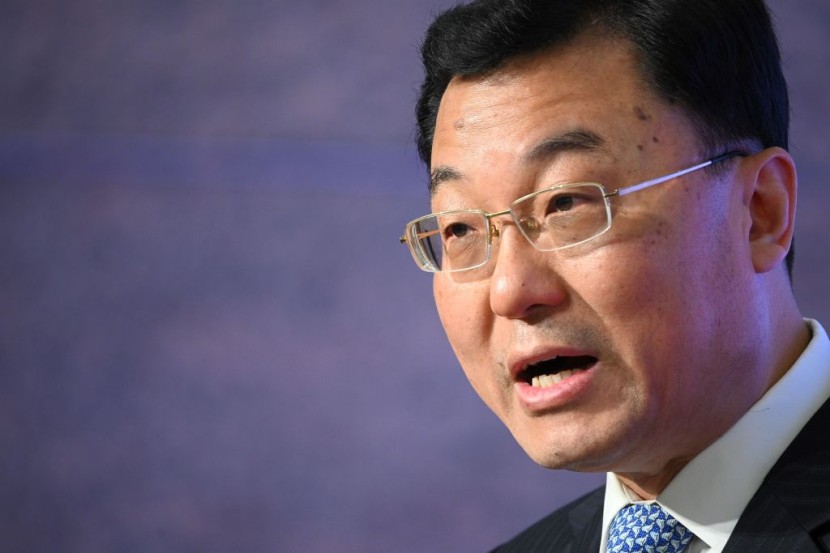China doesn't want a trade or technology conflict. Still, it will unquestionably retaliate if the United States tightens restrictions on its semiconductor industry, the Chinese ambassador to Washington said on Wednesday.
China does not fear competition, but the way the United States characterizes it is unfair, Ambassador Xie Feng said at the Aspen Security Forum, as reported by Reuters. He emphasized current American restrictions on importing machinery from China used to produce sophisticated semiconductors.
China's Response to US Export Limitations

Xie referred to allegations that Washington is preparing a mechanism for reviewing outbound investments and expanding the ban on exporting AI chips to China.
A senior administration official stated that the goal was to complete evaluations of the executive order by Labor Day. The executive order would limit certain investments in sophisticated semiconductors, quantum computing, and artificial intelligence industries.
After Washington implemented several export limitations on American parts and chipmaker equipment to guarantee that they are not used to develop China's military capabilities, China targeted US chip-making Micron Technology.
The operators of crucial domestic infrastructure were forbidden from purchasing Micron's equipment after the Cybersecurity Administration of China declared in May that the company had failed its security examination.
After a four-day visit to China, Treasury Secretary Janet Yellen stated last week that she had discussed the proposed order with her Chinese counterparts. Yellen added that investment restrictions would be "highly targeted, and clearly directed, narrowly at a few sectors where we have specific national security concerns."
According to her, the rule would be implemented transparently with room for public feedback during the rule-making process.
US-China Trade War
The US-China trade war is an ongoing economic conflict between the United States and China that began in 2018. The trade war has been characterized by tariffs, import quotas, and other trade restrictions imposed by both countries.
The trade war has had a significant impact on the global economy. It has raised consumer prices, hurt businesses, and disrupted supply chains. The trade war has also strained relations between the United States and China, raising concerns about a possible global recession.
The trade war began in July 2018, when the Trump administration imposed tariffs on $34 billion of Chinese goods. China retaliated with tariffs on $34 billion worth of US goods. The trade war has since escalated, with both countries imposing tariffs on billions of dollars worth of goods.
The Trump administration has said that the trade war is necessary to protect American jobs and to level the playing field with China. China has said the trade war is unfair and harms the global economy.
The trade war has had several negative consequences. It has raised consumer prices, hurt businesses, and disrupted supply chains. The trade war has also strained relations between the United States and China, raising concerns about a possible global recession.
In December 2019, the United States and China reached a partial trade agreement. The agreement called for a truce in the trade war and for the two countries to start negotiations on a more comprehensive agreement. However, the agreement did not address all of the issues causing the trade war, and it is unclear whether the two countries will be able to reach a final agreement.
The US-China trade war is a complex issue with no easy solutions. It will likely continue to be a major source of tension between the two countries for the foreseeable future.
© 2025 HNGN, All rights reserved. Do not reproduce without permission.








